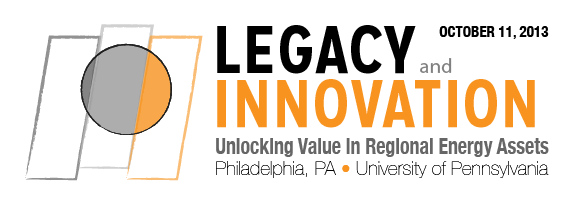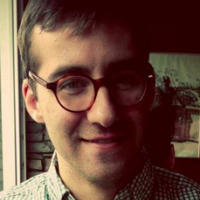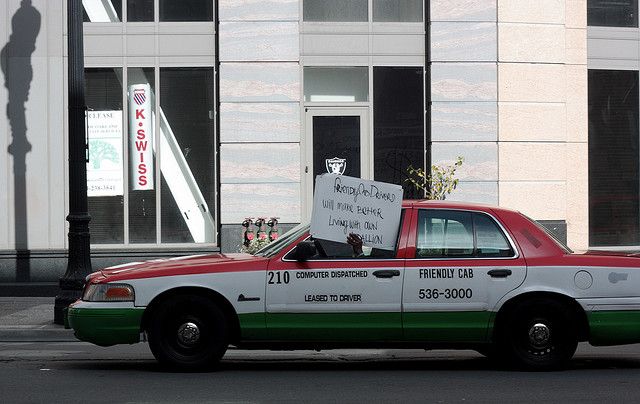One theme that’s popped up intermittently here at the Legacy and Innovation conference is the dark side of innovation. Boosters often talk about path-breaking change as if it usually results from the invention of a brand new product or service, but a more realistic account suggests that it often results from reorganizing existing resources in different ways to squeeze more value from them.
Any change is bound to create some winners and losers, as one person’s productivity savings are another person’s revenue stream.
Innovations tend to destroy incumbent business models and the jobs attached to them, even if they create positive changes for the world on net. Netflix destroyed Blockbuster’s business model and a whole lot of retail jobs. Uber’s business model is a regulatory hack that threatens the incumbent taxi industry.
Sticking with the theme of the conference, a taxi medallion is a publicly created asset, rationed for the purpose of creating a nice fat revenue stream and enticing the private sector to invest in the taxi business. If we want to unlock more value from these publicly created assets, and get more taxi cabs per capita on the street, it wouldn’t be hard for governments to print up some more of them. It wouldn’t be expensive for the public to create more taxi medallions, either.
Often what stops us from unlocking more value from these assets is the political resistance from incumbent stakeholders, who stand to make less money from rent on their licenses.
It’s much the same with liquor licenses, mobile food vendor licenses, occupational licenses and “scope of practice” laws in the medical profession. It’s politically difficult to seek new state or local revenues in these buckets of money, because from the perspective of incumbent businesses, they feel entitled to these revenue streams that they bought fair and square. And maybe so, but the fact remains that we’re talking about a publicly created scarcity of publicly created assets.
Squeezing more value of out physical assets is more challenging. As Gilles Duranton of Penn’s Wharton School of Business pointed out, the lesson of Philadelphia economist Henry George is that increases in wealth in a city from growth and innovation are often captured by landowners. Public and private investments create some spillover benefits that accrue to land. If Philly builds the Reading Viaduct park, for example, nearby vacant lot owners will reap a windfall, not because of anything they did, but because the public built a nice park.
We see the same phenomenon with land around public transit stations. Duranton suggested that cities look to land taxes and value capture strategies to internalize some of this external leakage in publicly created wealth to pay for transit, parks and other public goods.
To tie this point back to the broad theme of the conference, metros need to stop waiting for Washington and rural-dominated state capitals to come through with money and solutions. The likelihood that good urban policies and ample funding for reinvestment will suddenly start pouring in from these sources is incredibly slim. Metros that thrive in this environment will be those willing to get creative about wringing more productive value out of their public assets, eliminating arbitrary scarcities, and challenging the political power of the local and regional stakeholders, who have heretofore captured wealth leaking from inefficient stewardship of public assets.

Legacy and Innovation is a day-long symposium at the University of Pennsylvania focused on strategies that allow cities to re-imagine and repurpose their assets, from using narrow streets to foster walkability to turning energy systems into spurs for economic development.

Jonathan Geeting is a freelance writer based in Philadelphia, where he writes about land use and public space politics. His work appears at Next City, This Old City and Keystone Politics.
















